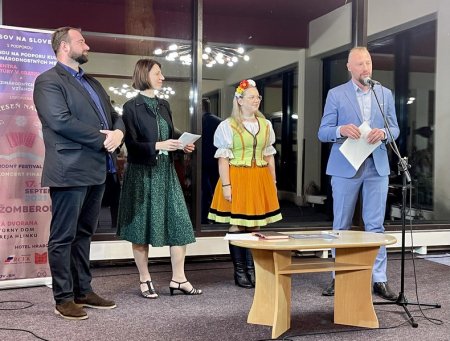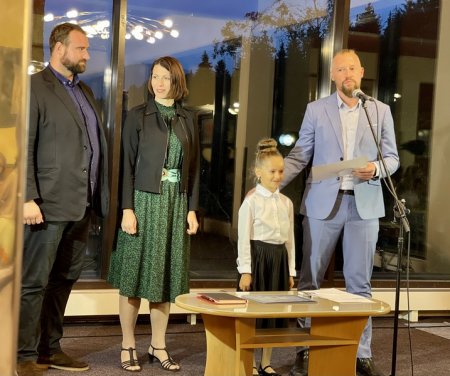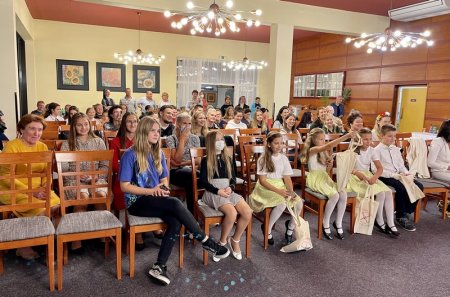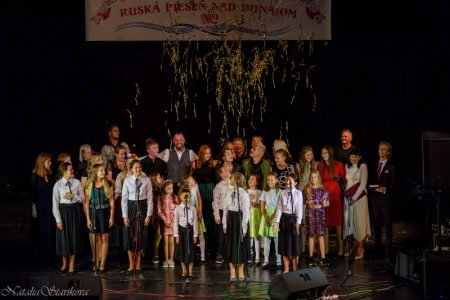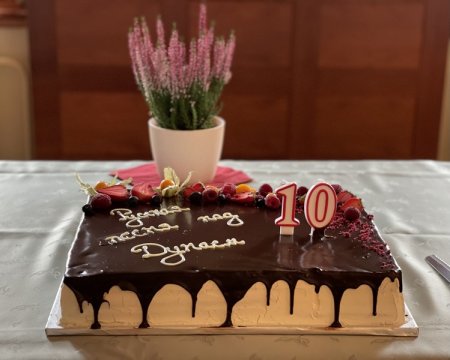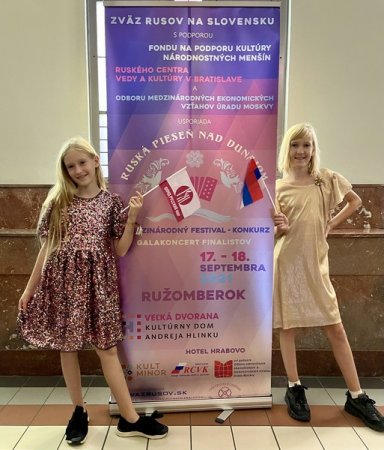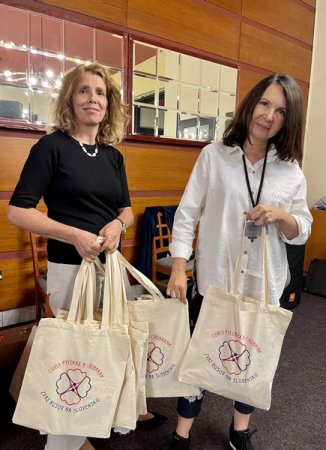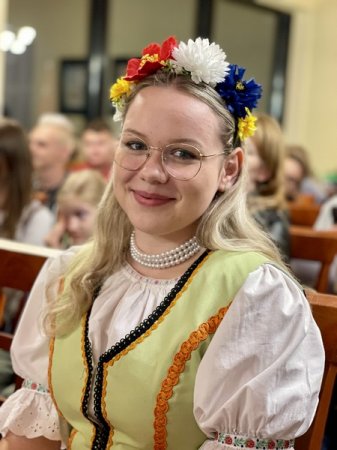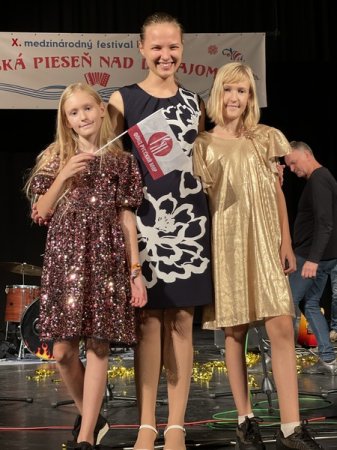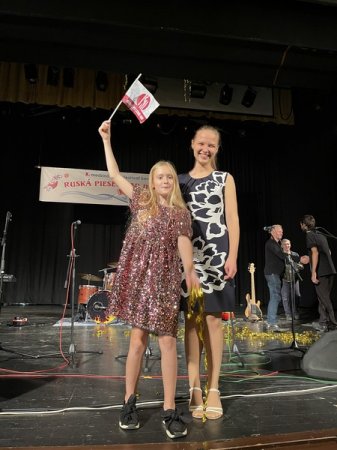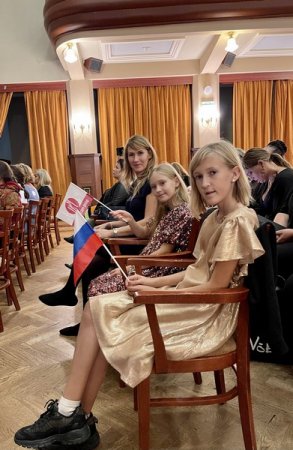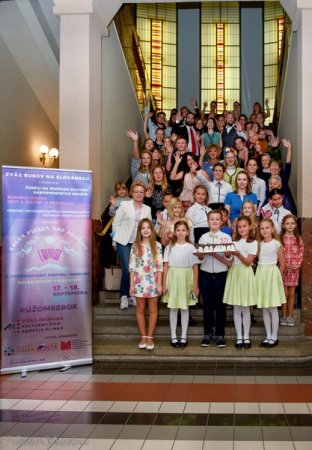On September 17-18, 2021 in Slovakia, in the resort town of Ruzomberok, the jubilee X International Festival "Russian Song over the Danube" was successfully held.
The project is being implemented by the public organization Union of Russians in Slovakia (President Marina Galaiova) with the support of the Department of Foreign Economic and International Relations of the Moscow Government, as well as the Slovak organization KULTMINOR, it is aimed at preserving the Russian language environment and national traditions of the song genre of Russian musical culture.
The festival program included master classes in performing arts, qualifying performances and the final gala concert of the finalists.
The participants of the festival passed a serious creative selection, which was carried out by reputable judges. This year, the international jury has expanded and was very high: Roman Krshko (Slovakia) and Vladimir Streltsov (Russia) are both soloists of the Slovak National Theater, and Zuzana Kadlchekova Pilnerova (Czech Republic), chief conductor of the Slovak National Theater choir, became the head of the selection committee.
The two-day festival-competition ended with performances by the best of the best in a gala concert that lasted about two hours. The audience applauded almost every appearance of the artists on the stage. The performance of the soloist Vladimir Streltsov, who sang the Cossack song “Oh, it’s not evening”, was greeted with special warmth.
The program of the gala concert included Russian folk songs, songs of the war years, as well as songs by contemporary Russian authors. All participants of the festival-competition received diplomas for participation and gifts. After the gala concert, the director of the festival, Marina Vladimirova, invited the participants and guests to a festive tea party in honor of the anniversary.
The Russian Center of the European Foundation of Slavic Literature and Culture supported the festival "Russian Song over the Danube": the center's methodologist Natalia Chumak gave an interview for Radio Slovakia International (Russian edition), in which she supported the performers, organizers and members of the festival jury. In addition, on our Facebook site, we held a live broadcast of the gala concert, which was watched by both Russian-speaking and Slovaks. The festival has received many rave reviews! The Russian Center took the initiative to conduct live broadcasts of the concert on social networks in the future, and also offered to support those who passed the qualifying round, but did not participate in the final concert. Perhaps the guys did not have enough professionalism, but the love for the Russian song deserves every approval.
There were many Slovak performers among the participants in the final gala concert. This speaks not only of the interest of Slovaks in Russian culture and Russian song, but also of the enormous work carried out by teachers, public organizations and organizers of the festival.
(The event was held in compliance with the sanitary and epidemiological requirements.)
